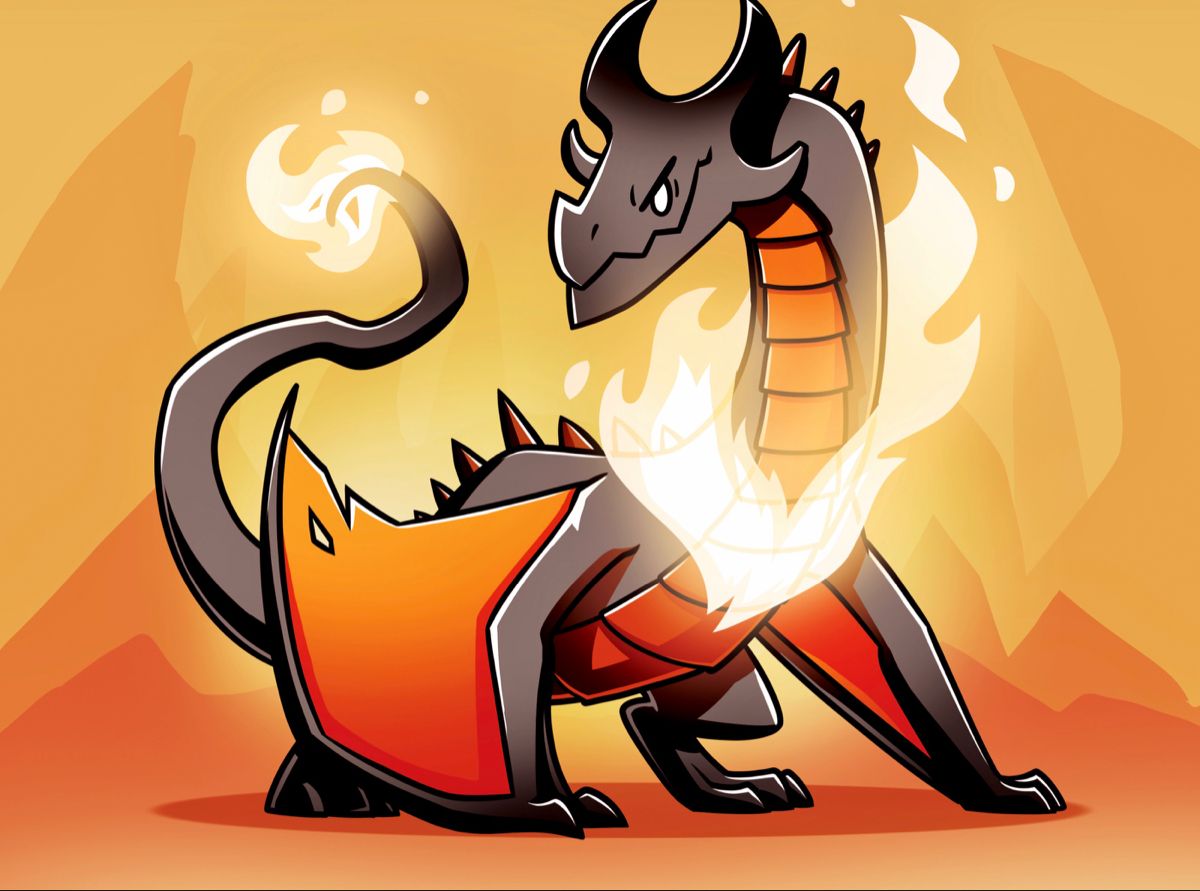Irish jokes have been a staple of humor around the world for decades. From the lively pubs of Dublin to family gatherings in small towns, these jokes reflect not just humor but also a rich cultural heritage that has evolved over centuries. Understanding Irish jokes is about more than just laughing at clever wordplay or funny scenarios—it’s about appreciating the wit, history, and identity of the Irish people.
Origins of Irish Jokes
Irish jokes, like many ethnic jokes, have their roots in folklore, oral storytelling, and communal life. Ireland has a long tradition of storytelling, with tales passed down through generations, often in the form of songs, poems, and humorous anecdotes. The Irish have historically used humor as a coping mechanism, especially during difficult times such as famines, wars, and political struggles. Humor became a way to bond, share experiences, and even subtly criticize authority.
The stereotypical Irish joke often features themes such as wit, cleverness, drinking, rural life, or the perceived simplicity of rural Irish characters. These themes are exaggerated for comedic effect, but they also highlight aspects of Irish culture that outsiders might find endearing or amusing.
Common Themes in Irish Jokes
- Drinking and Pub Culture
One of the most common motifs in Irish jokes is alcohol. Irish pubs are renowned worldwide for their friendly, social atmosphere. Many jokes revolve around the pub scene, clever bartenders, or humorous misunderstandings involving drinks. These jokes often celebrate camaraderie, storytelling, and the joy of a good pint of Guinness. - Rural Life and Simplicity
Many Irish jokes feature characters from rural areas who may be portrayed as naive, simple, or literal-minded. These jokes are often gentle and affectionate, poking fun at the quirks of country life rather than mocking individuals cruelly. For example, jokes about farmers misunderstanding modern technology or getting into comical situations are common. - Cleverness and Wit
The Irish are often stereotyped as being clever and quick-witted. Many Irish jokes highlight the cleverness of a character who finds an amusing or ingenious solution to a problem. This type of humor emphasizes mental agility and resourcefulness. - Language and Wordplay
Puns, double meanings, and playful use of language are central to Irish humor. Wordplay jokes often involve misinterpretations, misunderstandings, or literal interpretations of phrases. These jokes showcase the Irish love for storytelling and verbal dexterity.
Popular Types of Irish Jokes
While there is a vast variety of Irish jokes, some categories stand out as especially popular:
1. The “Paddy” Jokes
One of the oldest types of Irish jokes involves a character named Paddy. Paddy is often depicted as a stereotypical Irishman—sometimes clever, sometimes naïve. While these jokes can be humorous, it’s important to note that over time, some “Paddy” jokes have been criticized for perpetuating negative stereotypes about the Irish. However, when used respectfully, they remain a lighthearted reflection of Irish humor.
Example:
Paddy and Mick are walking down the road when Paddy sees a sign: “Tree Fellers Wanted.” He says, “Mick, this is perfect—we can get a job!” Mick replies, “Paddy, that’s a ‘free fellers’ sign. It means the trees are free to fell themselves!”
2. Drinking Jokes
Drinking jokes celebrate Ireland’s social culture and love of beer. These jokes often feature clever twists, funny misunderstandings, or the effects of alcohol in humorous situations.
Example:
An Irishman walks into a pub with a steering wheel in his pants. The bartender asks, “Why is there a steering wheel in your pants?” The man replies, “I don’t know, but it drives me nuts!”
3. Wordplay and Puns
Wordplay is central to Irish humor. Many jokes revolve around literal interpretations, clever misunderstandings, or double meanings.
Example:
Why did the Irishman bring a ladder to the bar? Because he heard the drinks were on the house!
4. Animal Jokes
Ireland’s rural life often involves animals, so it’s natural that animals appear frequently in jokes. These jokes highlight cleverness, mischief, or unexpected situations involving animals.
Example:
A farmer walks into a bar with a sheep. The bartender says, “Hey, you can’t bring that in here!” The farmer replies, “Don’t worry, he’s my designated drinker.”
Irish Humor and Stereotypes
While Irish jokes are widely popular, it’s important to recognize the fine line between humor and stereotype. Historically, some jokes about the Irish have reinforced negative perceptions of the population as drunken, foolish, or lazy. Modern humor tends to focus more on cleverness, wordplay, and self-deprecating humor rather than mocking individuals or the culture.
Irish people themselves have a strong tradition of self-deprecating humor. Making fun of one’s own quirks or those of one’s country is seen as a sign of wit and intelligence rather than cruelty. This ability to laugh at oneself is a hallmark of Irish culture and is reflected in jokes told both in Ireland and abroad.
Why Irish Jokes Endure
- Storytelling Tradition
Ireland’s rich history of oral storytelling ensures that humor is passed down through generations. Every joke is a mini-story, often involving clever twists or amusing situations. - Universality of Humor
Irish jokes often touch on universal themes such as friendship, drinking, work, or daily life. This makes them relatable to audiences beyond Ireland. - Cultural Pride
Irish jokes celebrate the distinctiveness of Irish culture—its wit, resourcefulness, and joy in life. They are a way for people to connect with their heritage while sharing a laugh. - Adaptability
Irish jokes adapt to modern contexts. Classic joke structures are often updated with contemporary references, from technology to social trends, keeping the humor fresh and relevant.
Irish Jokes in Modern Media
Today, Irish jokes appear in movies, television, and online content. Comedians of Irish descent often use their cultural background as material, combining traditional joke structures with modern observations. Stand-up comedians, sitcoms, and YouTube channels feature Irish humor prominently, ensuring that the tradition continues in new forms.
Moreover, Irish jokes have transcended borders. International audiences enjoy them for their clever wordplay, cultural flavor, and often universal themes. From tourist brochures to social media memes, the Irish sense of humor continues to charm audiences worldwide.
Conclusion
Irish jokes are more than just humorous quips—they are a window into the heart of Irish culture. They reflect a people who have historically faced adversity with laughter, who value cleverness and wit, and who delight in storytelling. From pub jokes to playful wordplay, Irish humor continues to entertain, connect, and preserve a rich cultural tradition.









